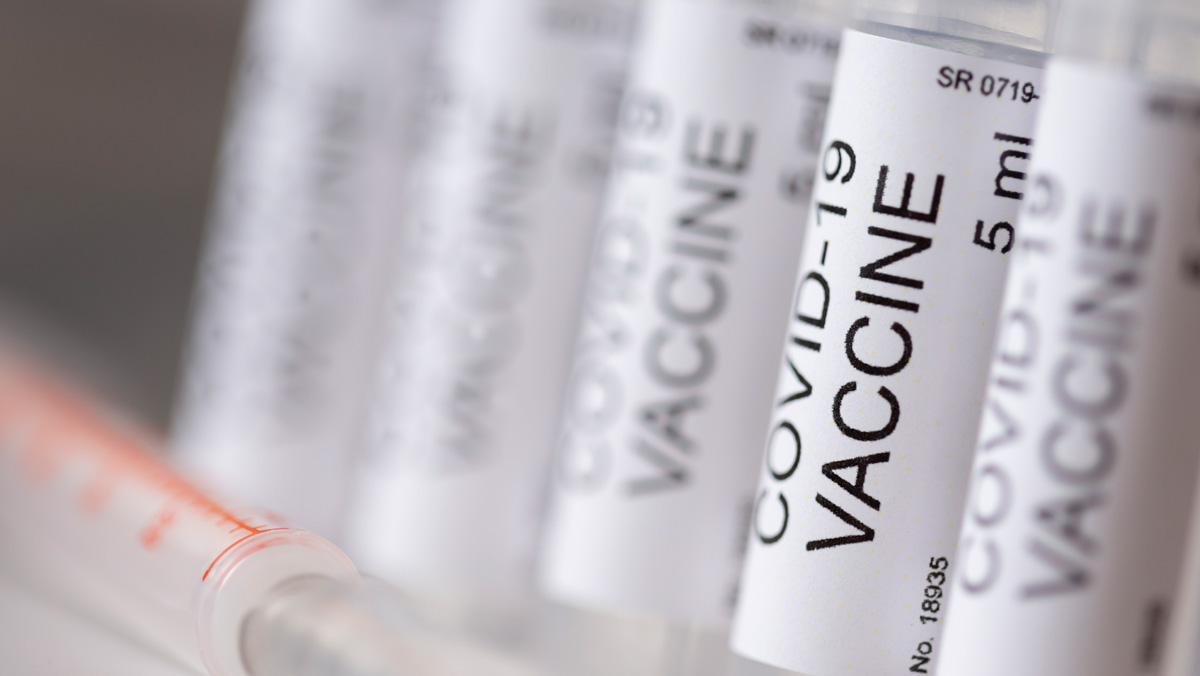Pfizer/BioNTech say COVID-19 vaccine works against UK variant

Laboratory studies have confirmed that antibodies stimulated by Pfizer and BioNTech’s COVID-19 vaccine can neutralise the new, more transmissible variant of SARS-CoV-2 identified in the UK.
The results of the study – published online prior to peer review – are among the first data to indicate that any of the approved coronavirus vaccines can effectively target the mutated spike protein in the UK strain, known as B.1.1.7 lineage or VOC 202012/01.
According to the World Health Organization (WHO) the variant has now been seen in at least 60 countries worldwide. It is estimated to be somewhere between 50% and 70% more infectious than the original strain of SARS-CoV-2, but as yet there’s no evidence that it causes more severe COVID-19.
Pfizer and BioNTech previously showed that their BNT162b2 vaccine – now known as Comirnaty – was able to generate antibodies against one of the key mutations (N501Y) in the UK strain, which also appears in the South African variant, also raising concern worldwide.
VOC 202012/01 has an unusually high number of genetic changes however, with 10 mutations affecting the spike protein.
To test its activity further, Pfizer and BioNTech scientists created a non-replicating pseudovirus – featuring the full range of mutations in the UK strain’s spike protein – to test in the lab and found that BNT162b2 generated neutralising antibodies against it in the same range as seen with the unmutated virus.
“While the pseudovirus system used is a surrogate for authentic SARS-CoV-2, previous studies have shown excellent concordance between pseudotype neutralisation and SARS-CoV-2 neutralisation assays,” they said.
The paper suggests it is “unlikely” that the UK variant differs sufficiently from the original virus that recognition by neutralising antibodies generated by BNT162b2 will be affected, according to the authors.
“Unlike for influenza vaccines, the reduction in neutralisation that might indicate the need for a strain change has not been established for COVID-19 vaccines,” it goes on.
That is good news, but a less encouraging study has just been reported by South African researchers that the variant that was first discovered in their country – known as 501Y.V2 – does exhibit mutations that could make it evade immunity from a prior coronavirus infection.
The team led by Professor Penny Moore, from the National Institute for Communicable Diseases found that 48% of blood samples from 44 people who had been infected in the past did not show neutralising activity at all, while in the other half it was reduced.
That suggests that patients could get SARS-CoV-2 twice, but also that the current crop of vaccines may not be as effective. Once again, that study hasn’t yet been subjected to peer review.













